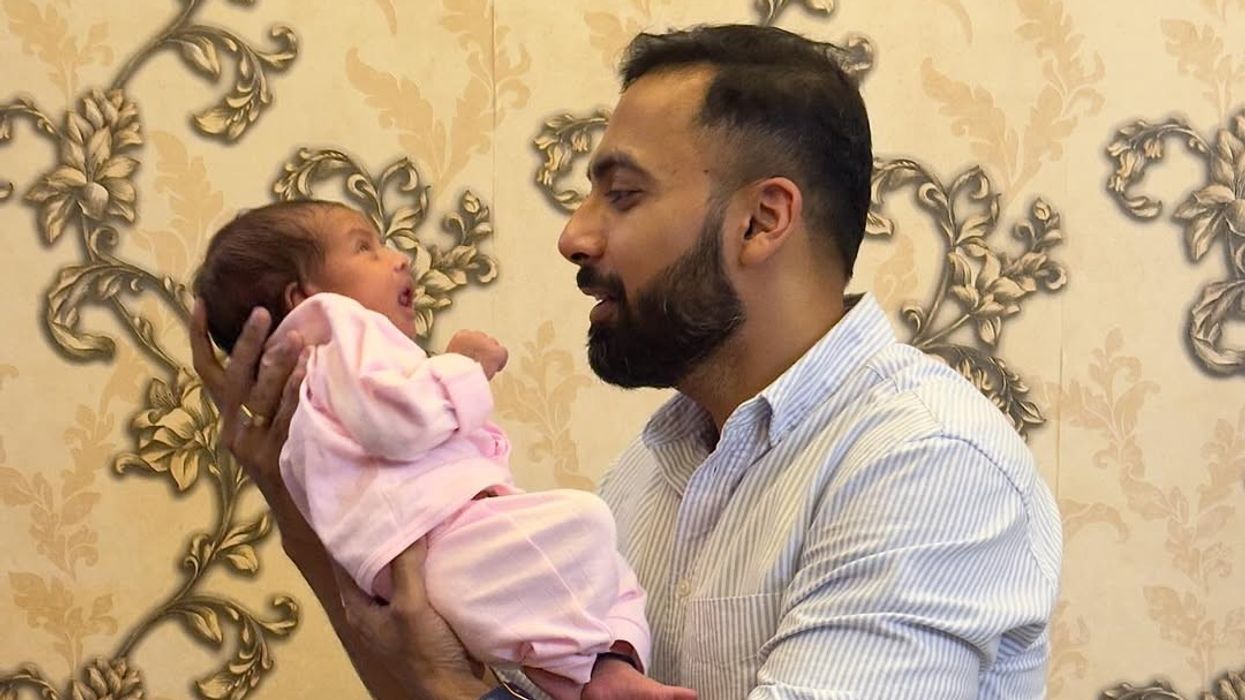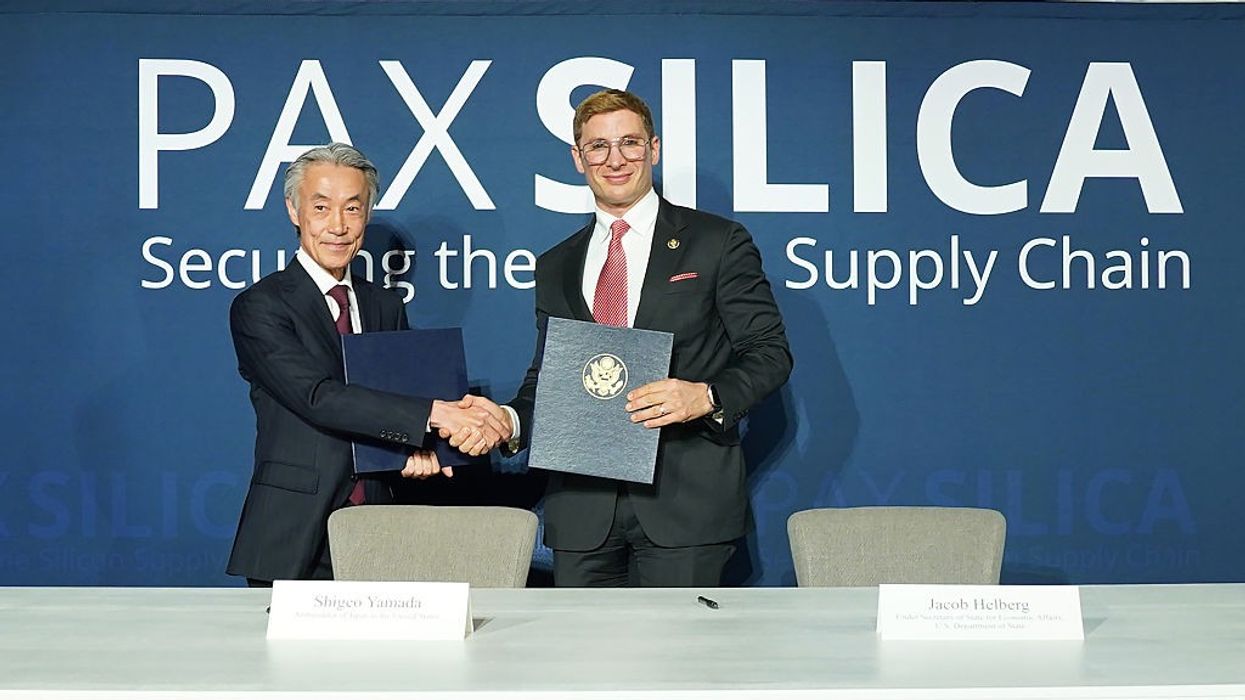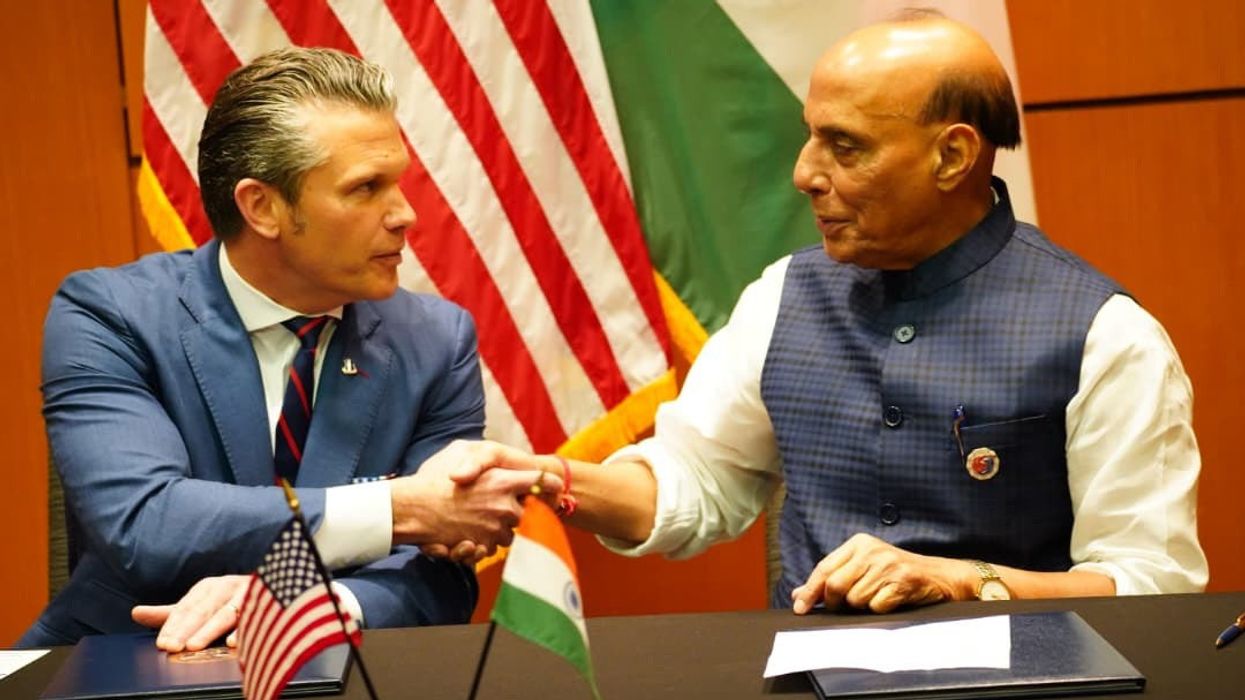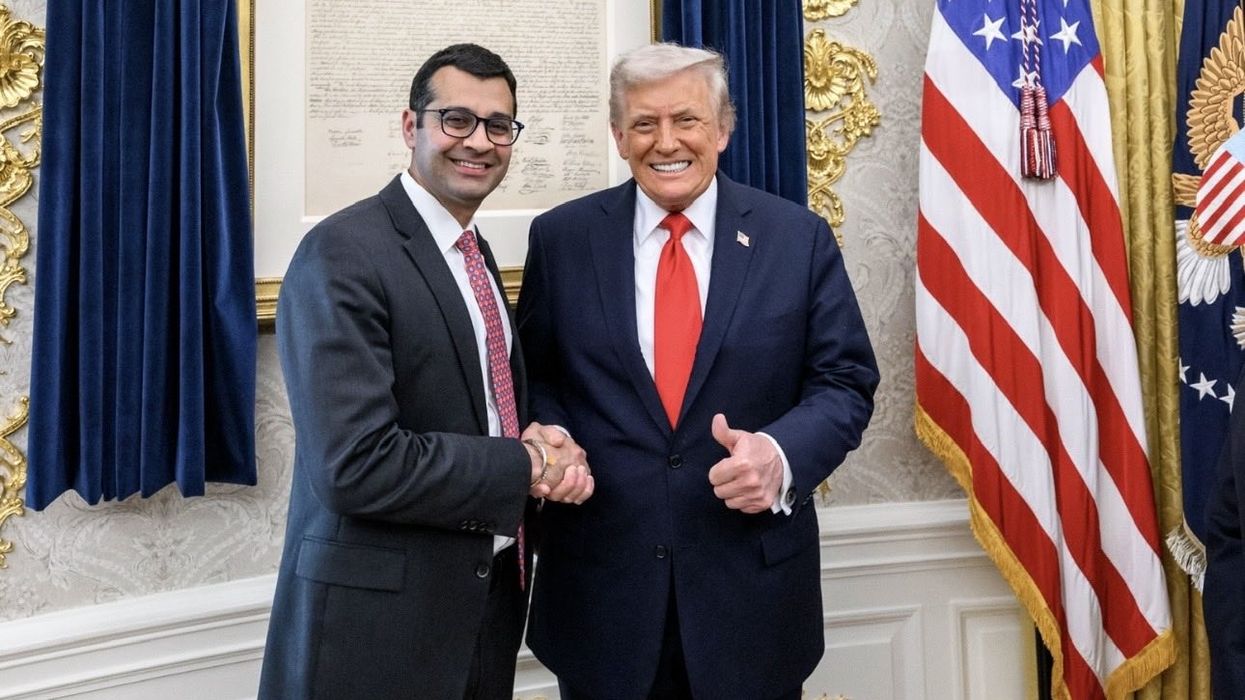A shocking medical error in the United States has triggered widespread concern over the competence of healthcare professionals, as one cancer patient revealed how his oncologist nearly halted his chemotherapy due to an MRI mix-up.
The man, who posted his experience on X (formerly Twitter), alleged that his doctor misread a 2017 MRI as his most recent one in 2024, almost leading to life-altering consequences. His story has since gone viral, with thousands echoing similar incidents and urging the importance of second opinions in serious medical conditions.
In his now-viral post, the patient detailed how his oncologist planned to stop chemotherapy after reviewing a report that claimed one of his brain tumors had progressed. “My oncologist tried to stop my chemotherapy treatment last week because of a one-page synopsis he had read regarding my recent MRI,” he wrote.
Thankfully, the patient questioned the summary and requested a review of more detailed imaging records. It was then discovered that the doctor had compared the latest MRI with one from 2017, not 2023.
Upon viewing the correct scans, it became evident that there was actually a reduction in the tumor’s size and loss of contrast—clear signs that the treatment was working.
The man emphasized that had he blindly trusted his doctor, he could have faced unnecessary and high-risk brain surgery. “Had I taken my doctor at his word... I would have soon needed an extremely risky brain surgery that would have changed my life forever,” he added. The post concluded with a powerful reminder: “Don’t just assume your doctor is infallible.”
Among the many medical professionals who reacted, Indian oncologist Dr. Sameer Kaul, based at Apollo Cancer Center in Delhi, reposted the story with an important message. “#Secondopinions and #more are vital to staying alive well in a #cancerjourney,” he wrote.
He urged patients to not only seek second opinions but also to act quickly and seek evidence-based conclusions. “Think right. Act fast. Talk to your body,” Kaul advised.
The incident sparked a wave of testimonials from others who had experienced medical oversights. One user recounted how a tumor on their brother’s scan was missed at Stage 1, only to be caught at Stage 4 months later—too late to make a difference.
Another shared frustration that doctors often rely solely on radiologist summaries and not the scans themselves. “I had to point out anomalies on my own imaging,” one person lamented.
Others described personal ordeals, including a woman whose daughter endured four surgeries over three months after a ruptured appendix went undetected. “You have to be your own advocate,” she wrote. A fourth post simply added, “Awful performance by a medical professional. Good pushing back.”
















